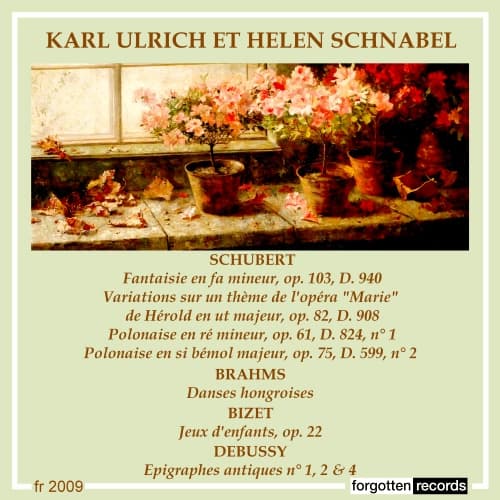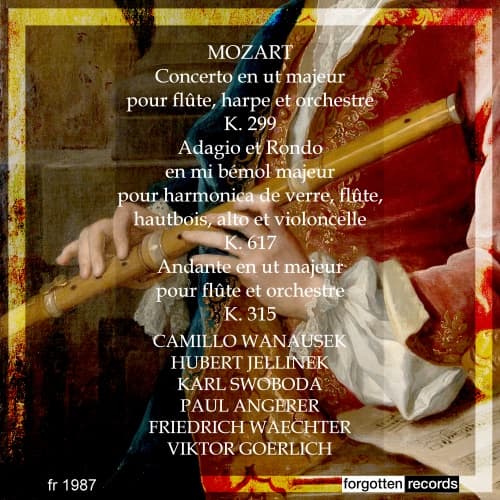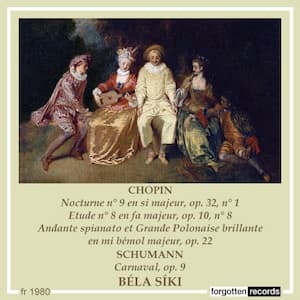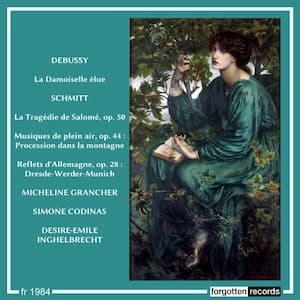Before Schubert, works for piano four-hands were associated with music for amateurs to be played at home. Music that was too much for one player was easier with more hands helping. The work’s title, Fantasie, although given in French, has
Archives
We now think that the Glass Harmonica is simply an instrument with an otherworldly tone, but at its heyday in the late 17th century, it was an instrument that some thought could drive you mad. Musical Glasses, or glasses filled
Franz Schubert was in dire straits in the mid-1820s. He was very ill and this seems to have crept into his music. His String Quartet No. 14 in D minor was called ‘the most morose instrumental work’ in the Viennese
Franz Schubert (1797-1828) wrote hundreds of songs but started only 13 symphonies and completed only seven of them. And yet, it is his Symphony No. 8, known as the Unfinished that remains as one of his most popular orchestral works.
Carnival, the festive season that occurs in the Christian calendar before Lent, was used by Robert Schumann (1810-1856) as the inspiration for his work Carnaval, Op. 9, written in 1834 and 1835. In 21 short pieces, Schumann created a world
The symphonic poem had been created by Liszt as an orchestral work, usually in one movement, that takes another work, such as a poem, a short story, a novel, a painting, a landscape, or some other non-musical source, as its
For students at the Paris Conservatoire, winning the Prix de Rome meant following a tradition that had been established in 1663 during the reign of Louis XIV of France. The prize meant receiving a stipend that would cover 3 to
In 1905, the Spanish composer Isaac Albéniz (1860-1909) published the first book of his piano suite Iberia, subtitled 12 Nouvelles impressions en quatre cahiers (12 New Impressions in Four Books). He dedicated the work to the widow of the composer








